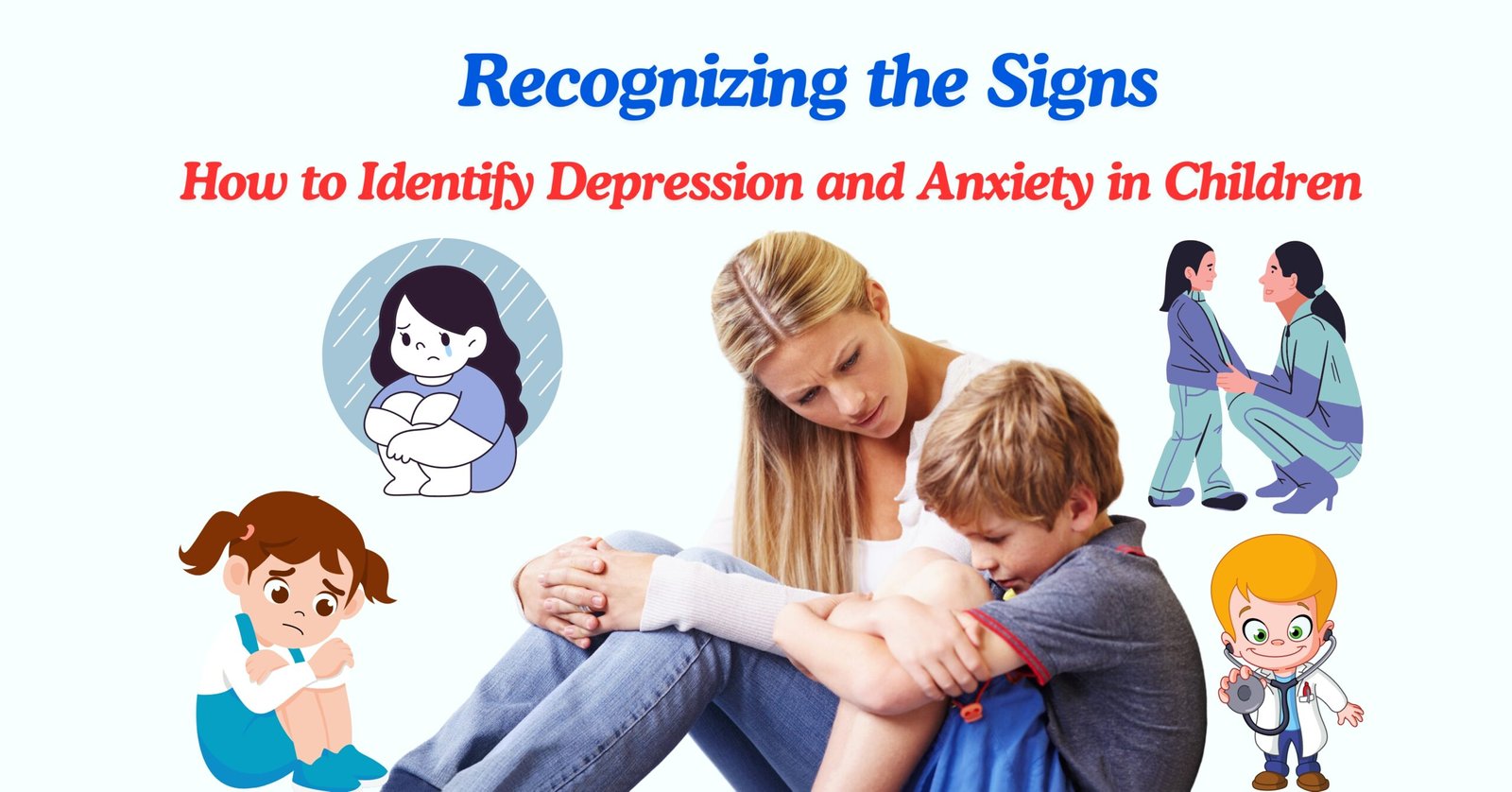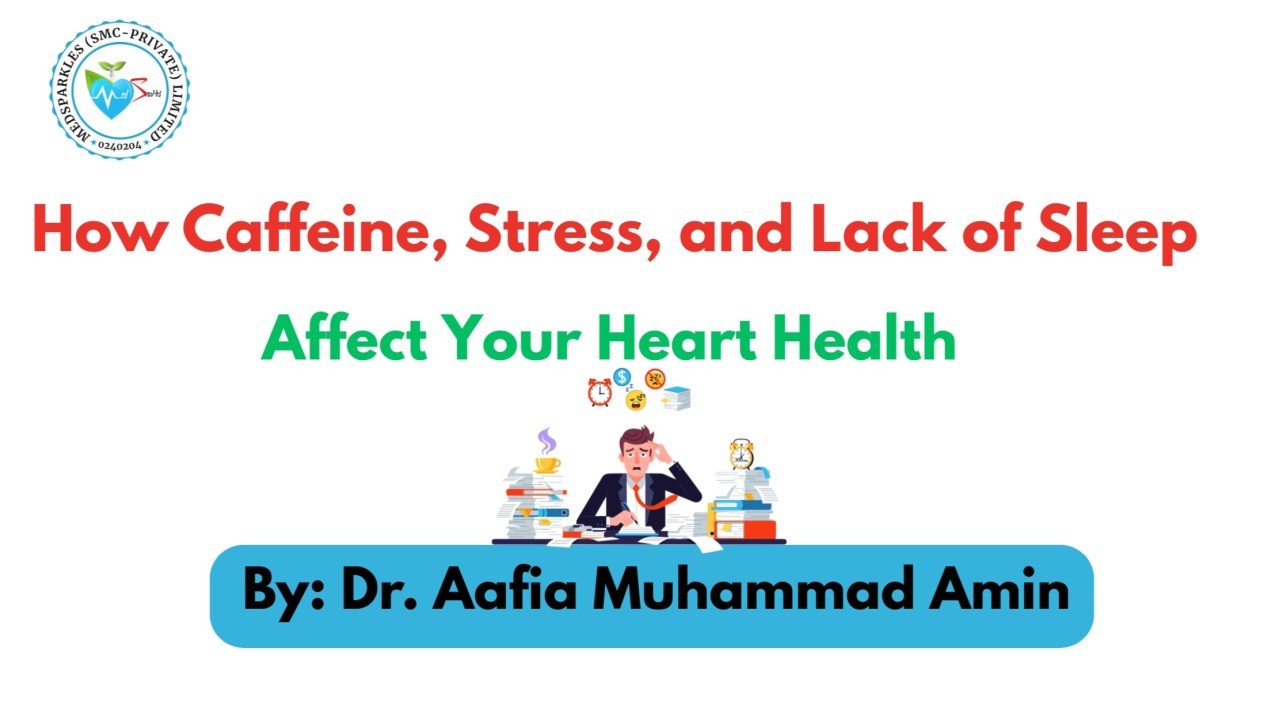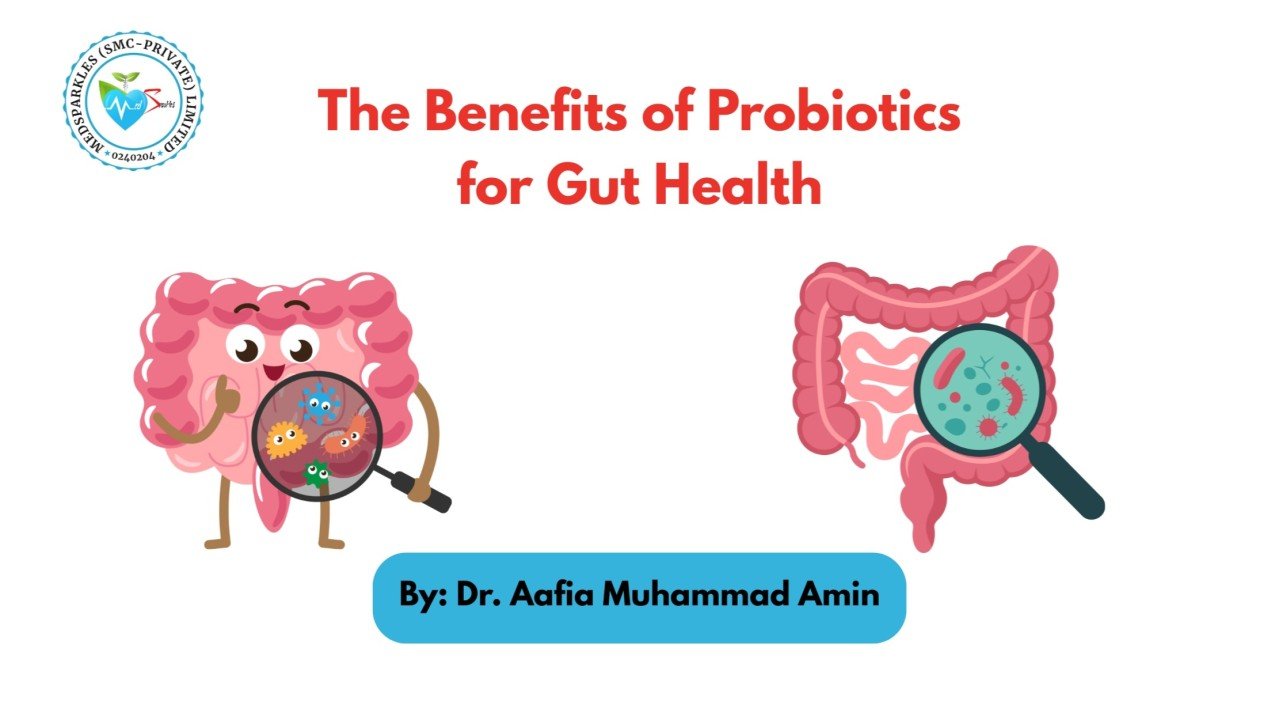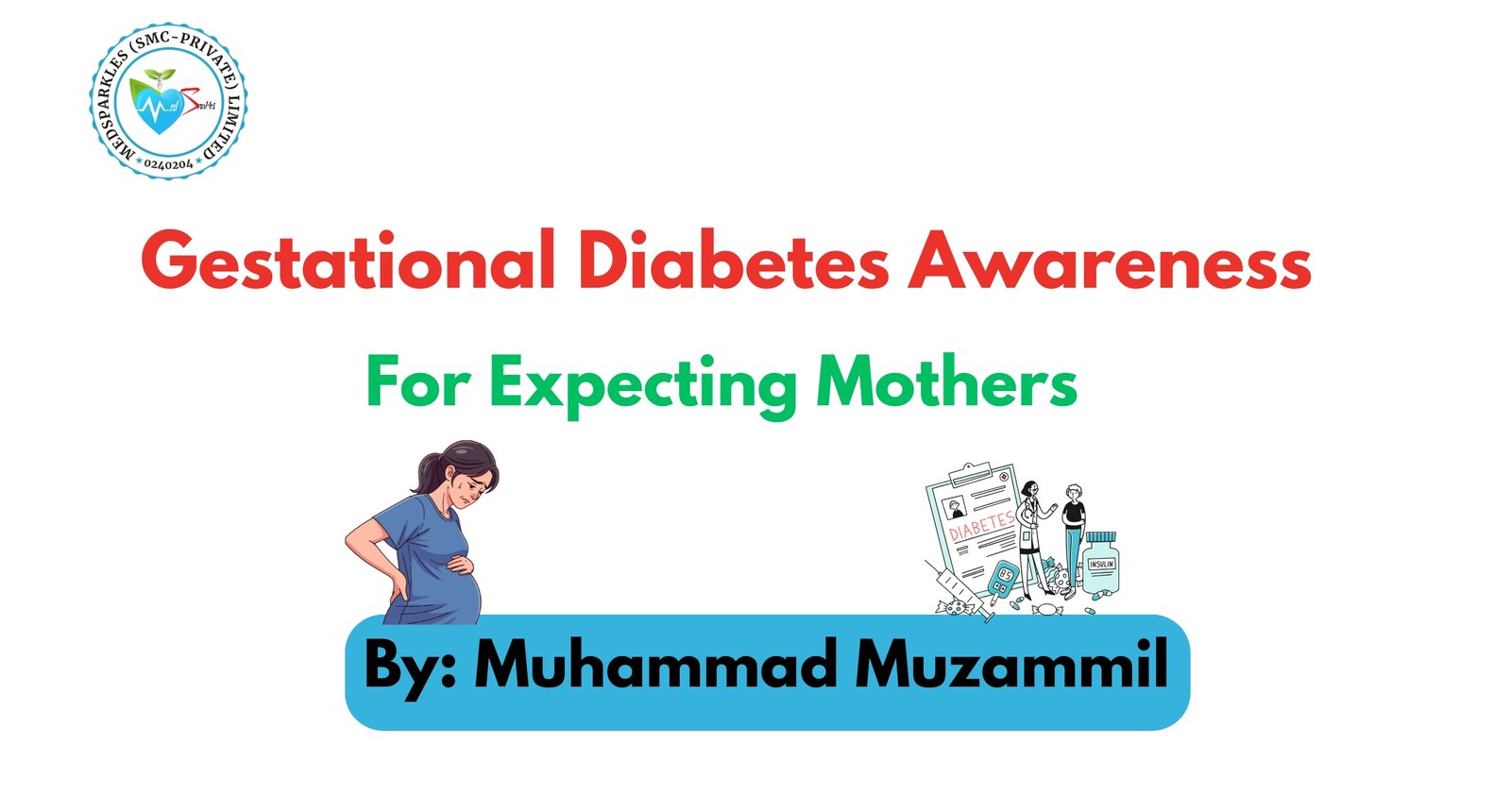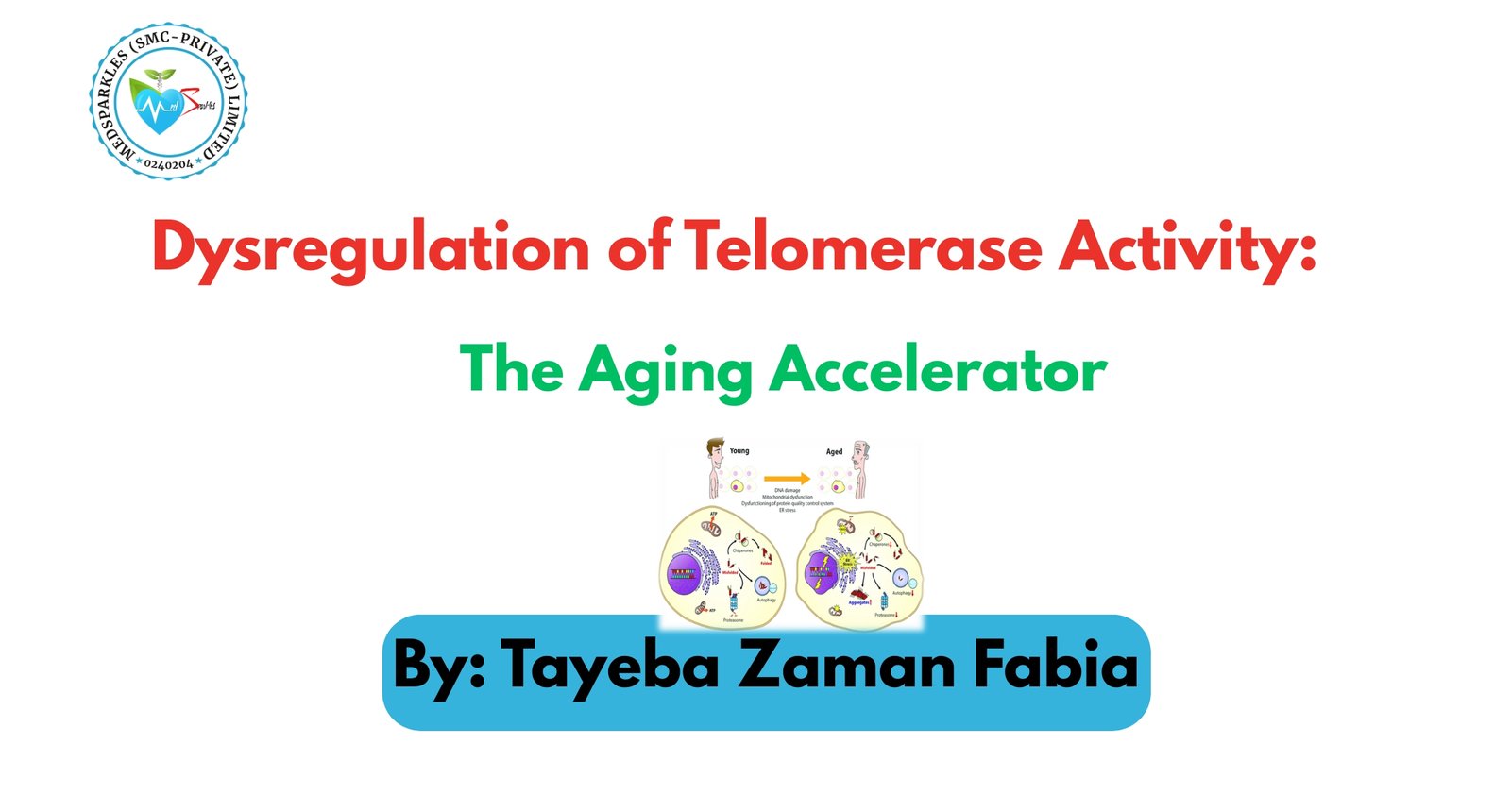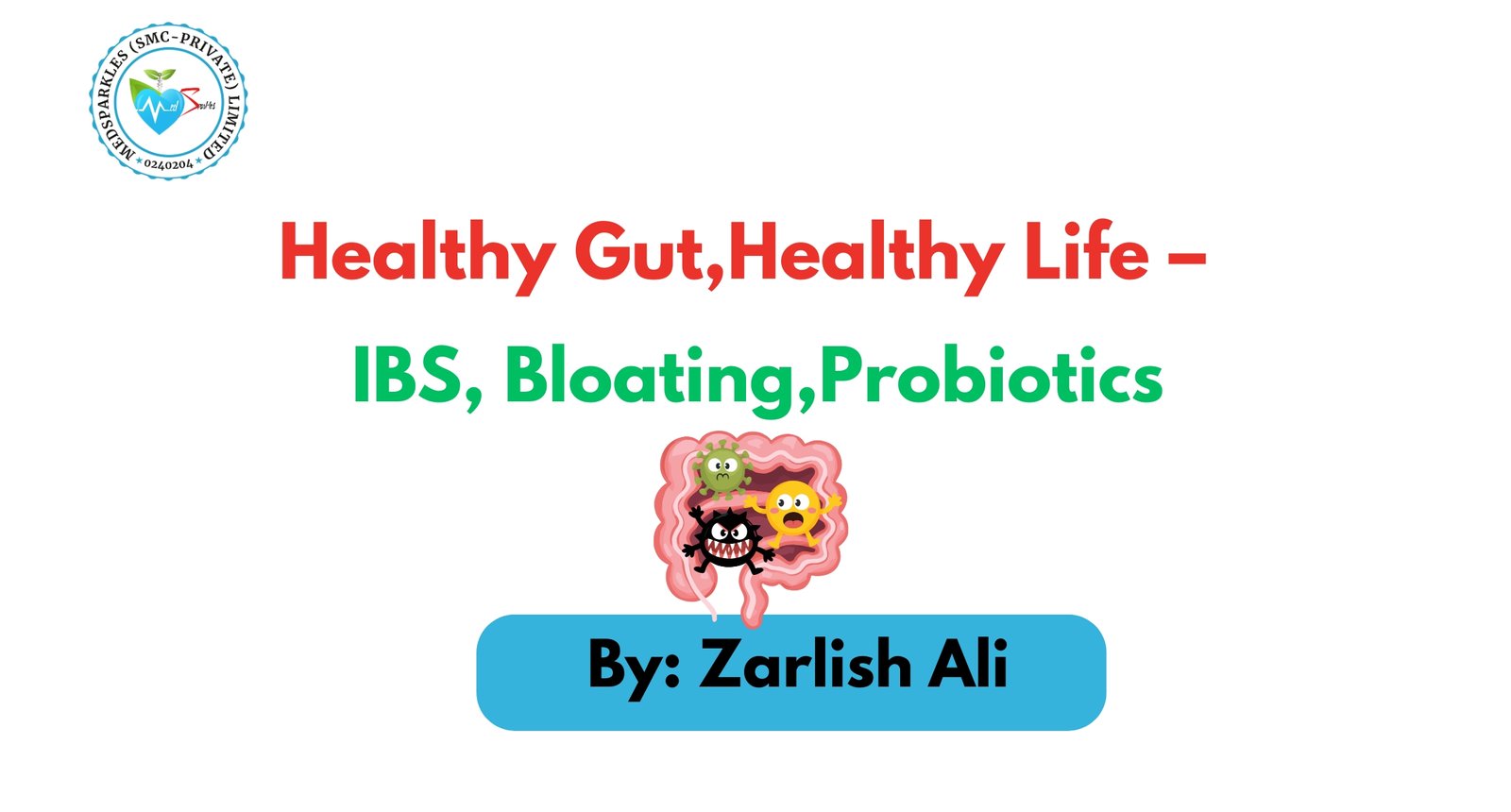Can Children really have depression?
The answer is Yes. Children can have depression and anxiety but it is not easy to diagnose depression in children. Sadness and angry behavior are sometimes common in children but if this sadness persist for long and affecting the daily activities then there is something you have to watch for. Child behavioral changes is not an easy corner for the parents but as a parent it is your duty to take care of your child well-being because

Why is it important for Parents to take notice of child behavior?
Although anxiety and depression symptoms are rare in children but sometimes, if left untreated; can lead to suicidal thoughts. Girls have more tendency to attempt suicide but if boys attempt then they would end up by killing themselves. Moreover, childhood depression makes a long way and destroys parent-child relationship.

What Signs a Child shows if he/she is depressed?
1- Sadness or Low mood that persists for long
2- Easily irritated over small things
3- Remain in bad mood for most of the time
4- Fatigue
5- Sleeping more or less than usual
6- Slowed thinking
7- They won’t make eye contact with you
8- Decrease interest in Family Gatherings
9- Declining school performances
10- Prefer Isolation or being alone
11- Change in appetite; increased or decreased
12- Become less talkative than usual
13- Pessimist behavior or negativity
14- Hopelessness about future
15- Loss of concentration
16- Thoughts of Death and Suicide (‘Understanding-Depression @ Kidshealth.Org’,)
Why my Child is gaining Depression?
Although every thing looks good to a parent but if your child is showing depressed behavioral changes then there will be some factors behind that for sure.
There can be a one factor or combination of factors that lead child away from society and family.
ENVIRONMENTAL FACTORS
- Traumatic Events: Parents divorcing, or a death in the family can cause significant emotional hardship to anyone—especially a child. Abuse that can be physical, emotional, or sexual, or witnessing violence, can trigger depression and anxiety too. (‘7af28027f889a110b8aabe8963711f3b1e5d3adb @ www.nhs.uk’,)
- Family Problems: Living in a family that is in constant conflict or where appreciation and support is not considered even a thing; can increase a child vulnerability towards depression and anxiety.
SOCIAL FACTORS
- Bullying: Negative social interactions such as bully by colleagues or friends can impact a child behavior.
- Unemployment: Unemployment can be a leading cause of depression among adults.
DEVELOPMENTAL FACTORS
- Lack of Attention: Parents giving less attention to children or lack of appreciation on an achievement or decrease support in difficult situation can be a leading factor. (‘b4f4aacf44addeed24184bd0af5b2085a91fcfe3 @ www.who.int’,)
PHYSICAL HEALTH ISSUES
- Chronic disease: Children dealing with chronic disease may experience high level of depression and anxiety.
- Sleep difficulty: Problems in proper and peaceful sleep can cause irregular hormonal regulations in children.
GENETIC FACTORS
- Family History: Children with a family history of depression, anxiety, or other mental health disorders are at a higher risk of developing these conditions due to genetic factors.
What Should I Do for Treatment of my Child?

- The very First thing a parent should do is giving ATTENTION to the children. The traumas cannot go without attention. A child needs the ability to process, vent, forgive, and heal.
- Spend as much time with your child as you can.
- Open the lines of communication with your child.
- If your child is spending much of his time in isolation, then get your child outside. Plan a
- family trip.
- Eat one time meal as a family.
- Be patient and kind towards your child. (‘depression-in-children @ www.healthdirect.gov.au’)
- Ask them about the reason for their sadness. Listen to them actively.
- Make a healthy eating plan for your child – centered on fruits, vegetables, whole grains, legumes (for example, beans, peas, and lentils), lean protein sources, and nuts and seeds.
- Beside all these efforts, consult a mental health professional.
- Go for Psychological treatments. Effective psychological treatments for depression include:
- behavioural activation
- cognitive behavioural therapy
- interpersonal psychotherapy
- problem-solving therapy.
- Psychological treatments can teach new ways of thinking, coping or relating to others. They may include talk therapy with professionals and supervised lay therapists. Children are often more comfortable talking to someone other than a parent at first. (‘Depression @ Www.Cdc.Gov’, 2013)
